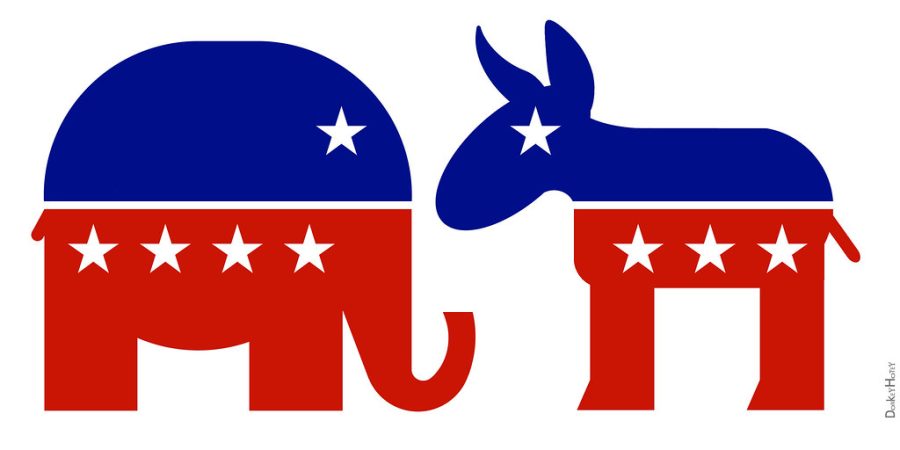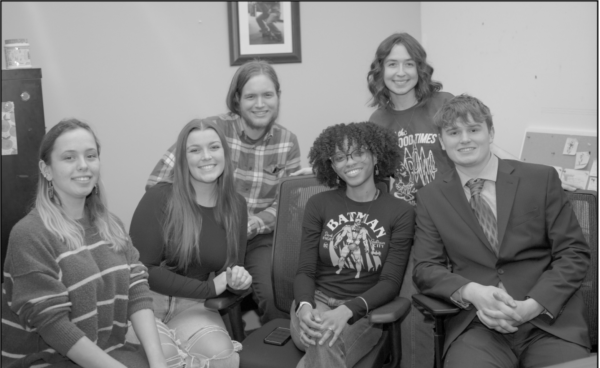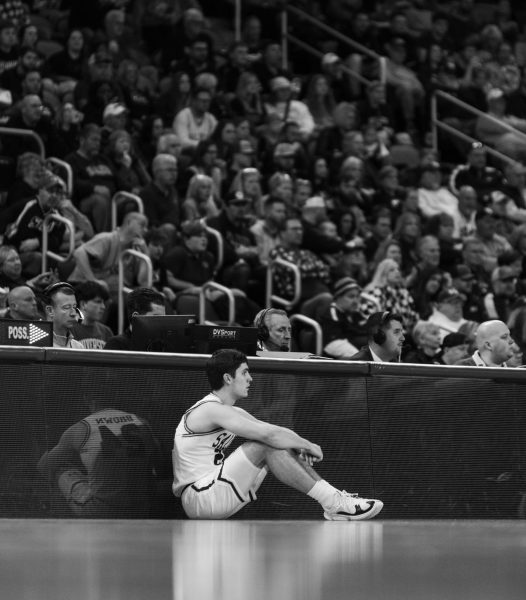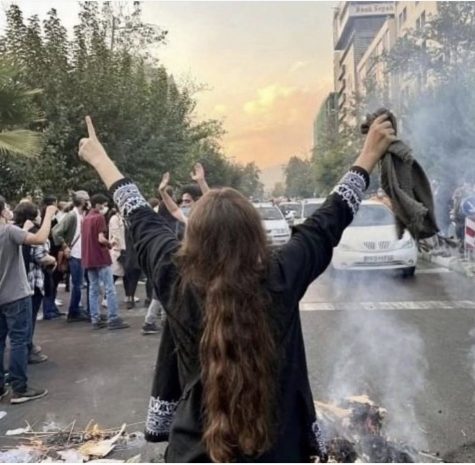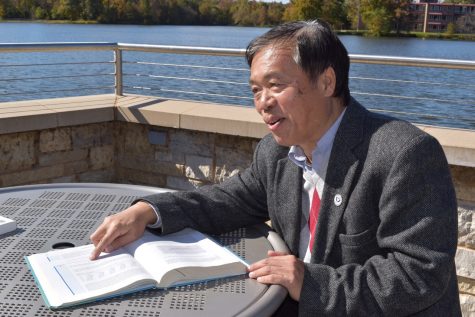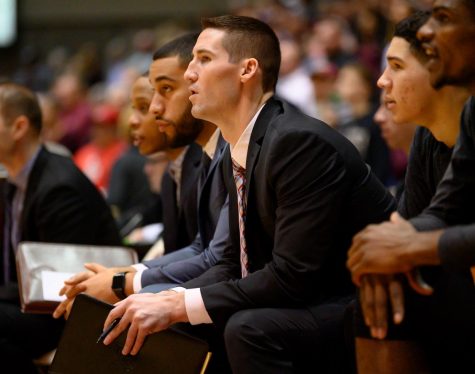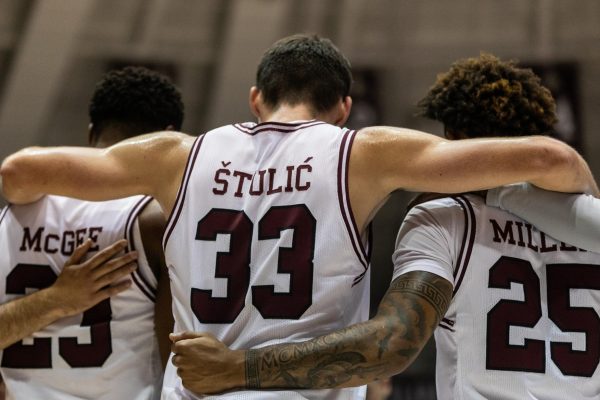Letter to the Editor: Campus and Conservatives
To begin, I would like to thank the DE and their reporter, Daniel Bethers, for taking the time to focus on campus political involvement in the lead up to the midterms in last week’s front-page article, Poaching Elephants. The upcoming elections could not be more important, and it is essential that students are aware and informed about the state of politics on campus and across Southern Illinois. Regrettably, though almost certainly due to no fault of the DE, it appears that no members of our Democratic party affiliated groups on campus were able to provide input on the record.
To begin, I would like to note my agreement with many of those quoted in the article. Political violence and inflammatory rhetoric have become too commonplace in our political sphere and that this is increasingly carrying over to our social lives such as on campus. Violence, threats, intimidation and the shutting down of respectful discourse have no place in our campus or society. We should all try to understand our opponents as people, not pawns.
However, some language used by those quoted include allegations that “college campuses haven’t been allowing (a) voice to conservative students,” and the article mentions that conservative students have less opportunities for political involvement on campus.
Advertisement
In spring 2019, I re-established our College Democrats chapter on campus after a multi-year hiatus. The opportunities that have been brought to students on campus, such as this year’s visit from congressional candidate Chip Markel, would not have been possible but for our student members’ willingness to join, assist in those efforts and to take over leadership this year after the founding members graduated. Our students made it happen.
Conservative students on campus have the same opportunities to establish an RSO, host candidates for their membership and organize for campaigns, provided they can recruit the membership and put in the work to do so. Campus and state policies do not inhibit this any more than they do so for liberal or left leaning groups. This is evidenced by the fact that a Republican RSO is in the process of being formed at present. Students can create their opportunities.
As for the social backlash to conservatives on campus, students are understandably upset seeing asylum seekers treated as less than human, the rights of their trans peers targeted, the 14th amendment right-to-privacy revoked for abortion and protections for minority groups such as the Voting Rights Act being undermined. These students have a fundamental right to be upset at others who advocate for such positions or support those who do. This does not excuse violence or vitriol against conservative students, but it puts the duty on them to fix their image in the eyes of their peers rather than expecting that others should simply accept the disagreement. I hope the upcoming College Republicans chapter will take this to heart and find ways to reach out to students, prove the generalizations wrong, and create change within their party.
Lastly, my experience in classrooms matches the points noted above. At no point in my 3.5 years as a Political Science student at SIUC have I observed a professor shut down a conservative student in class on the basis of disagreeing with their viewpoint. Open class discussion was common and did sometimes result in one-sided debates with less conservative viewpoints expressed, but this is more likely a result of the inequality in party identification for college students and young people, not some plan of the university or professors, who themselves would often intervene if debate became too hostile.
To conclude, I hope to note a few things. Firstly, everyone should work to lower the vitriol. We may disagree on fundamental issues, but we are all just working with limited info-sets to do what we think is best. Secondly, remember that other people have a right to get upset at your views. If they do, you can only control your response and the views that make them upset. Take a moment to deeply and truly reassess what you advocate for, even if you still conclude at the end that you were right. Lastly, act for the change you want to see. Conservative views and candidates are less likely to be heard on campus if conservative students don’t advocate for them. The same was true for Democratic students before we began organizing.
Isaac Ludington
Advertisement*
SIU Political Science – Class of 2022
SIU Law – Class of 2025
Advertisement



